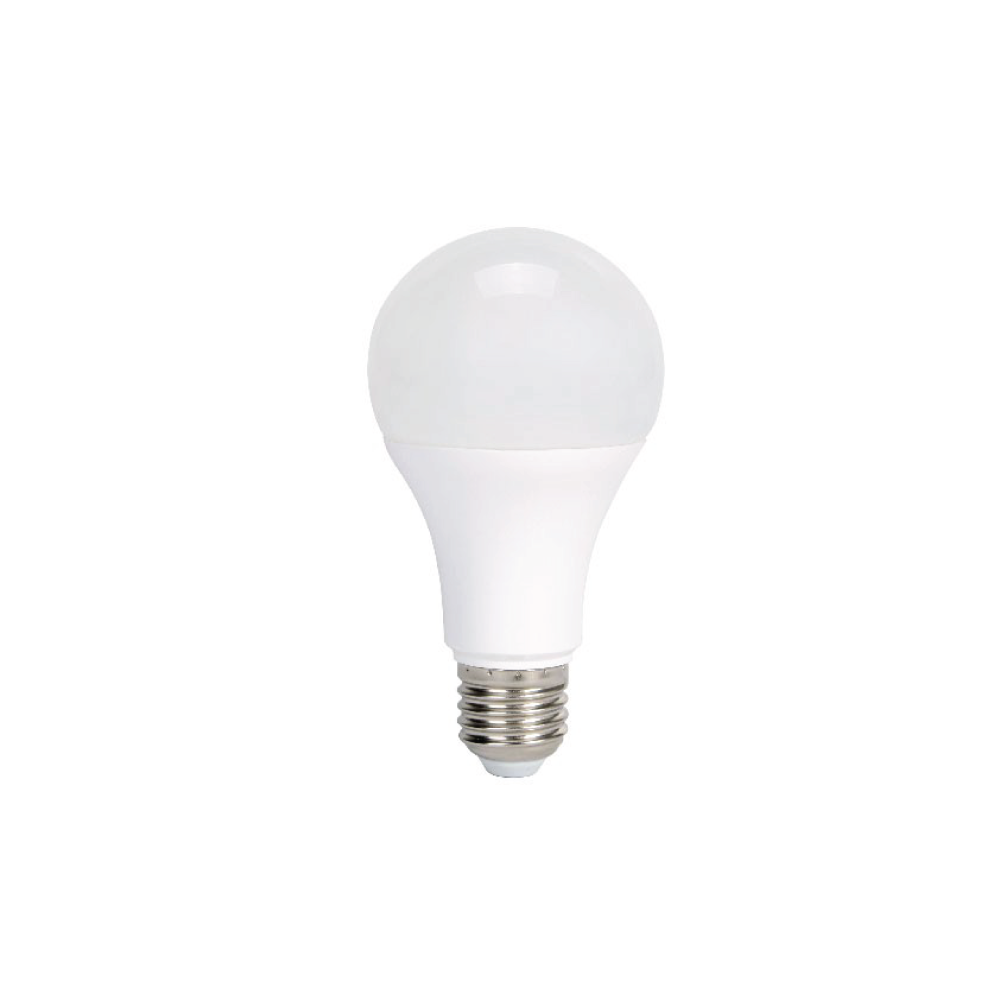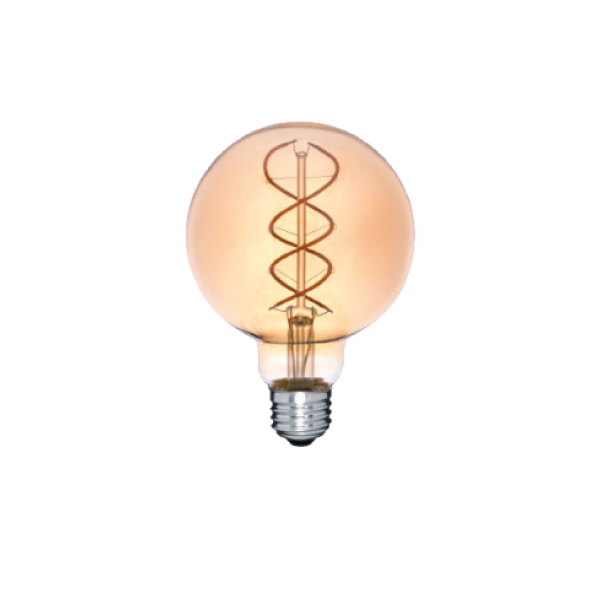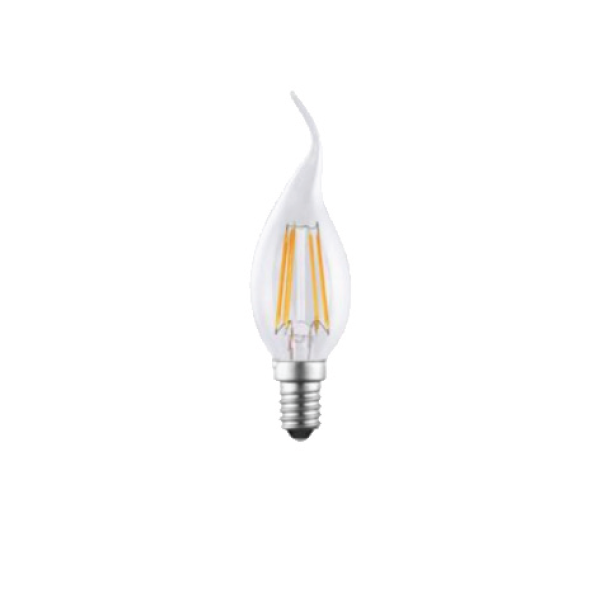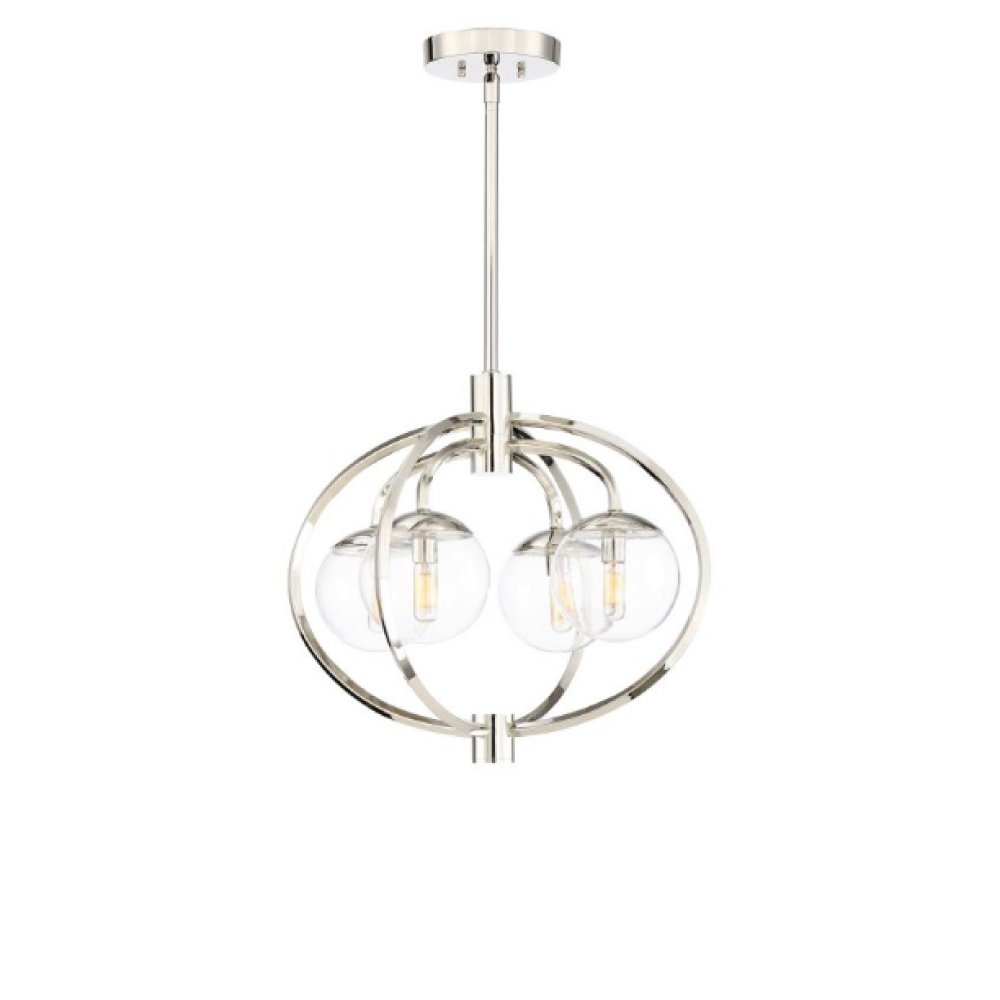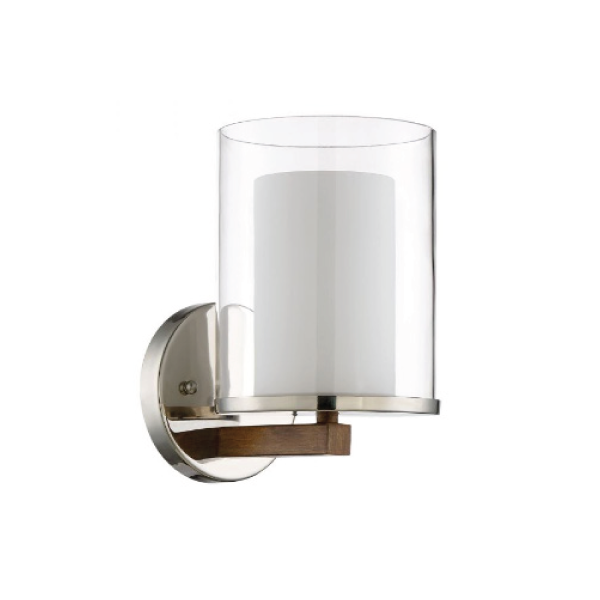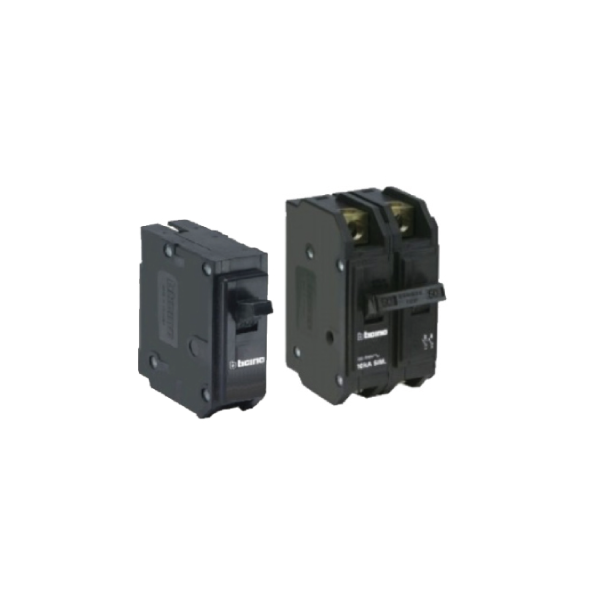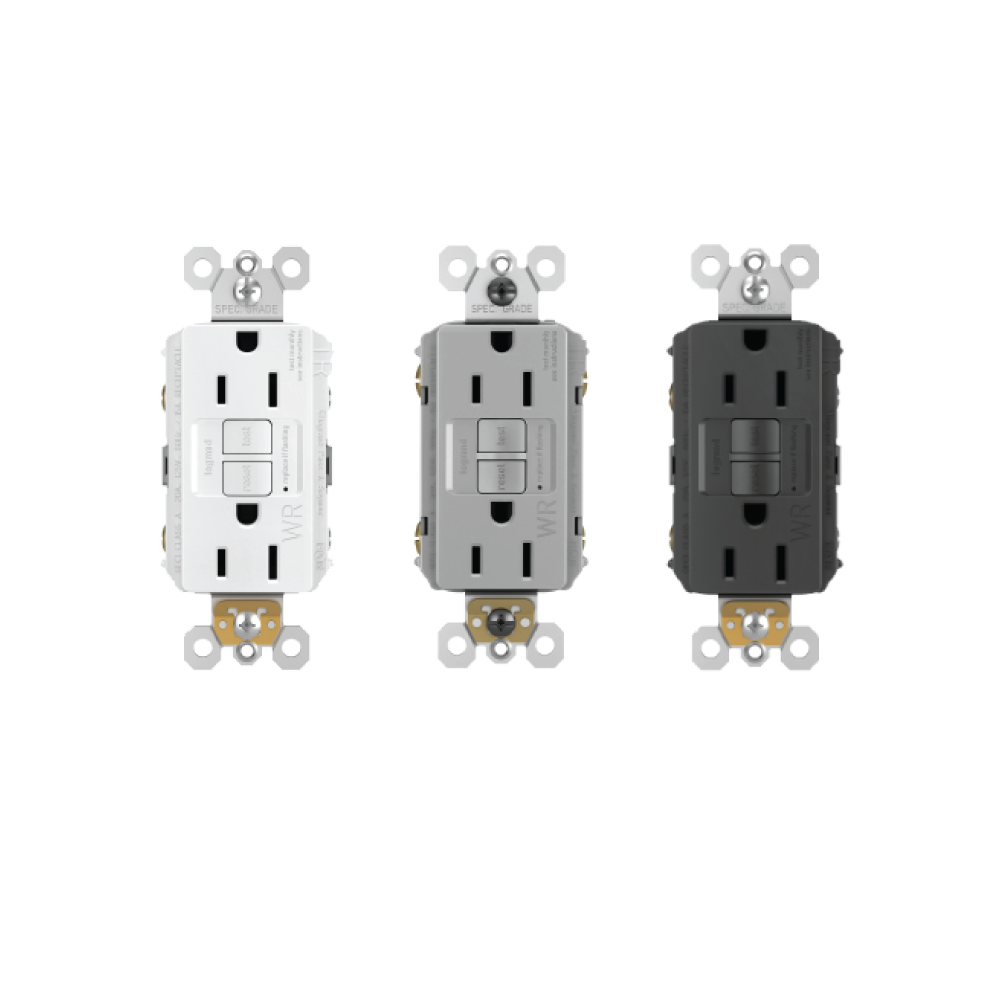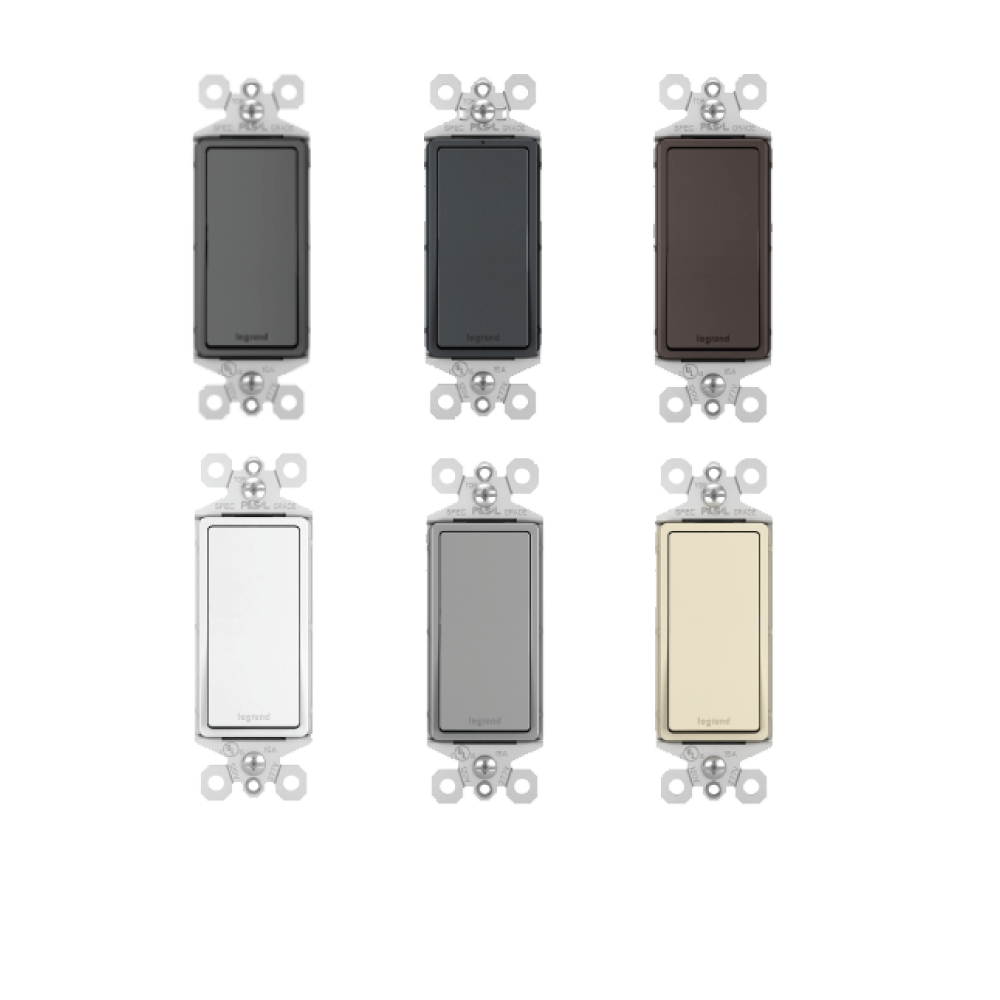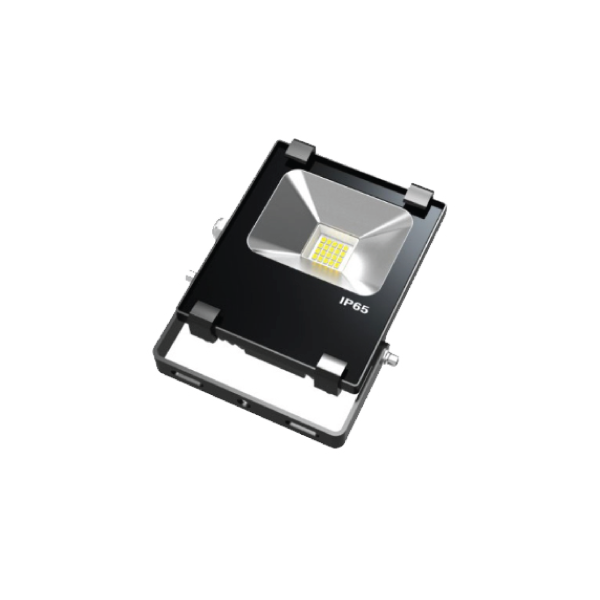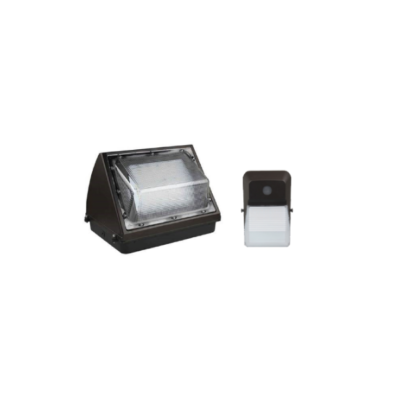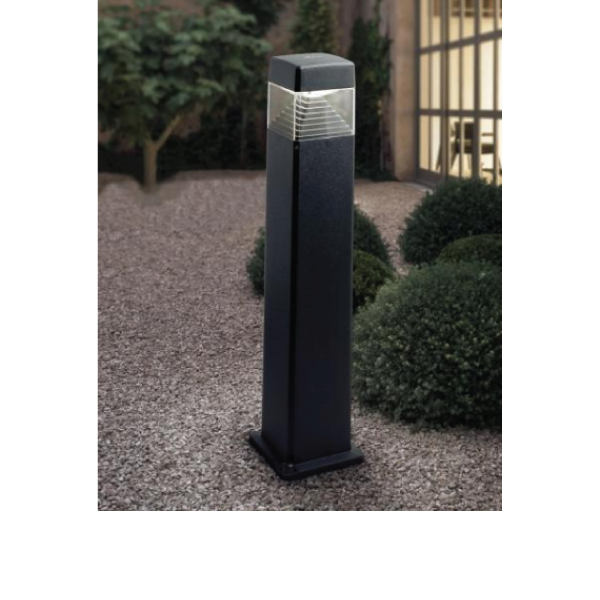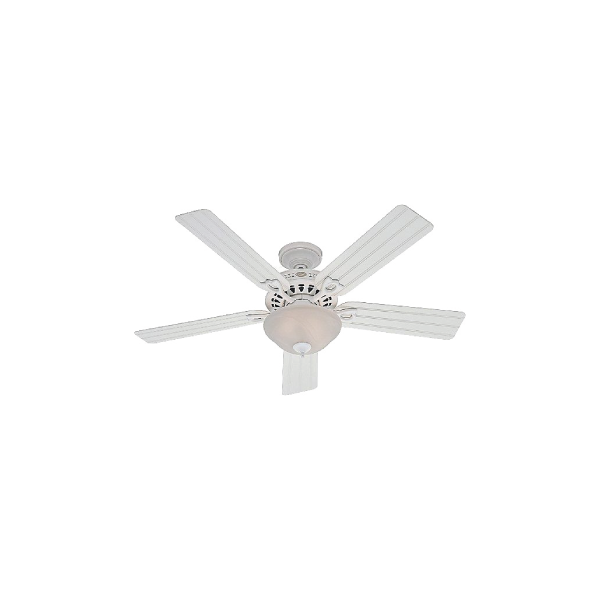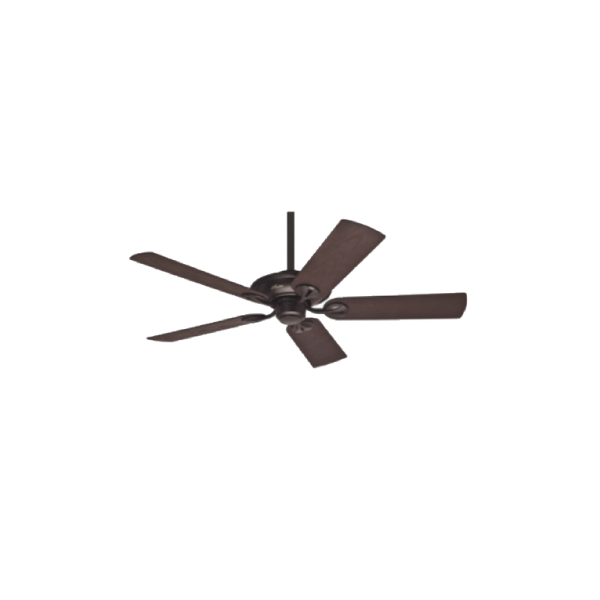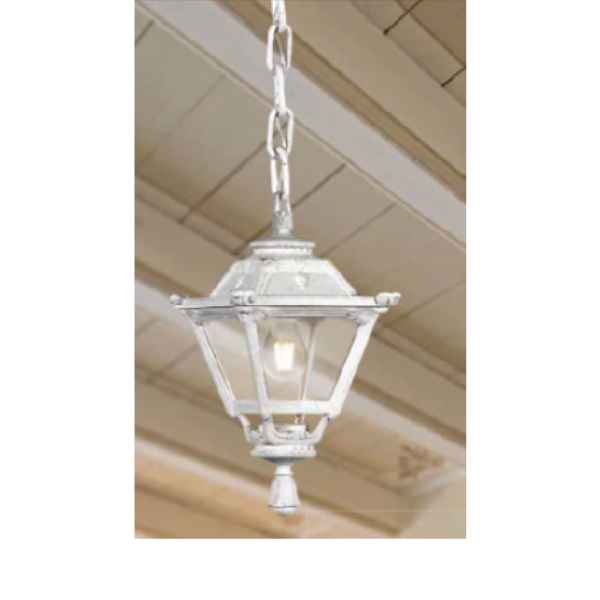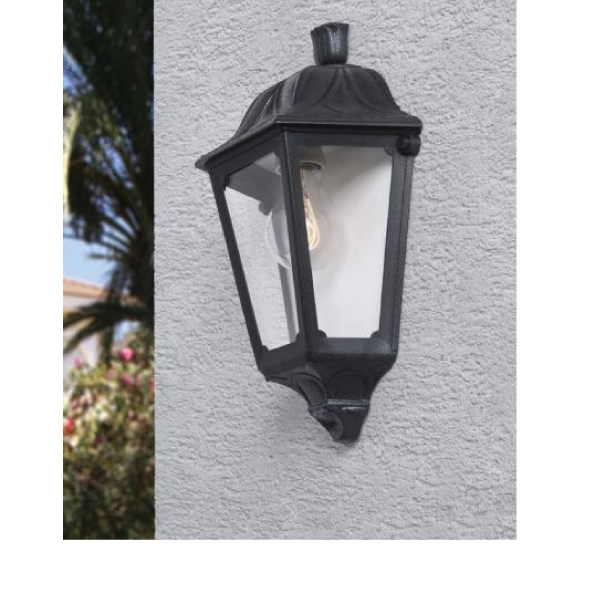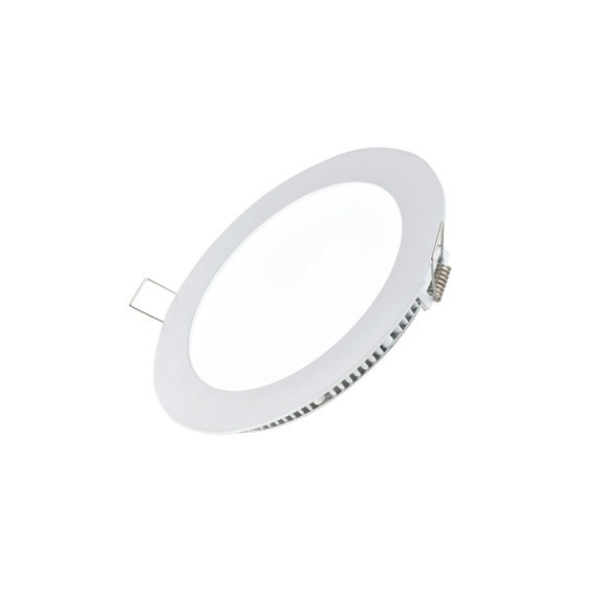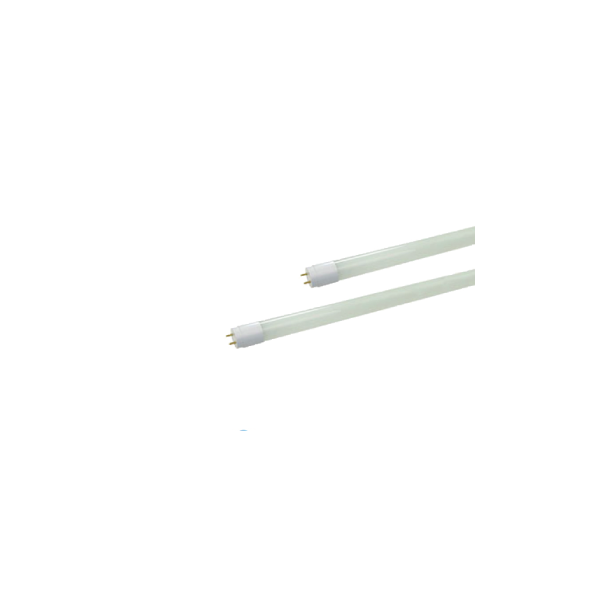BULB DISPOSAL
Caribbean LED Lighting has been disposing of incandescent, halogen, CFL and fluorescent tubes since 2012.
We use proprietary EPA approved machines to do this. The process involves the “bulb eater” machines being placed on top of 55 gallon metal drums and hermetically sealed. The bulbs are pulverized and through centrifugal action, the mercury, metal and glass are separated inside the drums. The bulb eater machines have a two stage HEPA filter and a carbon filter to ensure no mercury vapor escapes into the environment.
Each full drum contains up to 1,350 crushed 4ft fluorescent tubes or equivalent. Once full the bulb eater machines are removed, and the drums again sealed for transportation to an EPA approved recycling center in Florida. The drums are shipped in 20ft containers. All personnel involved in this process wear PPE.
We carry out this process to ensure as little mercury as possible enters our environment and this process is part of our Corporate Social Responsibility policy. Responsible disposal and recycling of commercial lighting products ensures that hazardous waste doesn’t harm people or contaminate the environment. According the USA EPA website “one 4ft fluorescent tube contains enough mercury to contaminate 7,000 gallons of drinking water” This fact alone should encourage everyone to dispose of these bulbs responsibly.
Mercury Effects on Human Health
Today, the main effects of mercury exposure to humans are understood to be neurological, renal (kidney), cardiovascular and immunological impacts. Chronic exposure to mercury can cause damage to the brain, spinal cord, kidneys, liver and developing fetus. Exposure to mercury while in the womb can lead to neurodevelopmental problems in children. Mercury can impair the ability to feel, see, move and taste, and can cause numbness and tunnel vision. Long-term exposure can lead to progressively worse symptoms and ultimately personality changes, stupor, and in extreme cases, coma or death. Recent findings have described adverse cardiovascular and immune system effects at very low levels.
Health and Safety
The short-term nature of the potential exposure to mercury from a broken fluorescent tube or HPS lamp – particularly after effective clean-up of lamp material – does not constitute a significant health risk to exposed adults however the large volume of lamps involve requires attention to minimize any potential risk.
- Caribbean LED Lighting staff are trained to handle, process and contain a wide variety of mercury-based lamps.
- Full safety attire (PPE) will be worn at all times when processing and handling the bulbs including but not limited to: Protective eyewear, steel tipped shoes, gloves, full body DuPont disposable coveralls, and face respirator.
- The recycling process shall take place in a well-ventilated area.
Caribbean LED Lighting In is the only company on island to offer this service to its customers. We would be please to make a proposal to you for the disposal of the bulbs.
Below are the number of bulbs crushed by year since we have begun bulb disposal:

